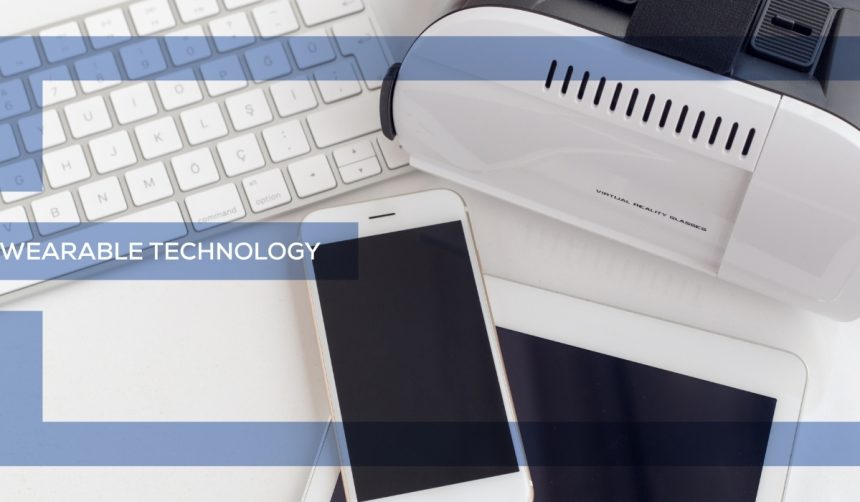Recent legal actions have put the spotlight on two major players in the fitness technology sector. Strava, a prominent fitness tracking platform, has filed a lawsuit against Garmin, asserting that Garmin’s devices infringe on several of Strava’s patents. The litigation, if successful, may result in some Garmin products being withdrawn from the market. This development raises concerns for users and retailers and could influence the competitive landscape for fitness trackers and cycling computers worldwide.
When legal conflict surfaced between Strava and Garmin, it echoed industry tensions seen before, yet the stakes are especially high due to both companies’ influence over endurance sports communities. In earlier reports about compatibility and collaboration, both brands occasionally experienced friction over data integration and user access, though major legal disputes on patent claims did not make headlines until now. The escalation to patent litigation signals a significant shift in how leading fitness tech companies defend their intellectual property, suggesting a possible ripple effect for others in the sector contemplating similar strategies or preparing for additional legal scrutiny.
What Patents Does Strava Claim Were Infringed?
Strava alleges that Garmin violated multiple patents related to activity tracking and route generation features commonly used in fitness applications and devices. These patents, according to Strava, pertain to unique data handling methods and interactive mapping functionalities within its digital ecosystem. The allegedly infringing technology is found in several Garmin wearables and cycling computers, including popular models used by runners and cyclists.
What Is Strava Seeking in the Lawsuit?
The company has requested a formal investigation into Garmin’s products by the U.S. International Trade Commission, aiming to halt the import and sale of devices that are said to infringe on these patents. A ruling in favor of Strava could result in an injunction against Garmin products, impacting both their inventory and consumers’ device options. Strava’s official statement focuses on protecting its technologies and ensuring fair competition.
“Strava is committed to defending our innovations and supporting a level playing field,”
a spokesperson said, reiterating their determination to pursue the case through legal channels.
How Has Garmin Responded to the Allegations?
Garmin responded by denying the allegations, emphasizing its history of innovation in the field and asserting its commitment to vigorously defend against such claims. The company stated it respects intellectual property laws and has invested substantially in research and development for its devices.
“We will protect our technology and challenge these accusations through the appropriate processes,”
a Garmin representative affirmed, highlighting the company’s intent to dispute the lawsuit.
Patent infringement cases are not uncommon in technology-driven sectors. Legal battles such as the one between Strava and Garmin signal a maturing market where companies increasingly see value in asserting proprietary rights—not just to bolster their own positions, but to set boundaries for how technologies are developed and commercialized by competitors. For consumers, this could lead to greater awareness regarding software features, updates, and device compatibility, as well as potential delays or alternatives in product choices.
The ongoing dispute has ramifications for the wider fitness device industry, not just for Strava and Garmin. Companies operating in this space should closely monitor the outcome and consider its implications for their own business practices. Patents covering fundamental features like activity tracking and data visualization may influence future product development cycles and cross-brand collaborations. For users, staying informed about the legality and accessibility of the devices they rely on is prudent, especially if sales restrictions occur. Industry-watchers will be keen to see whether this dispute prompts further legal actions among competing brands or drives efforts to resolve IP issues before products reach consumers.










